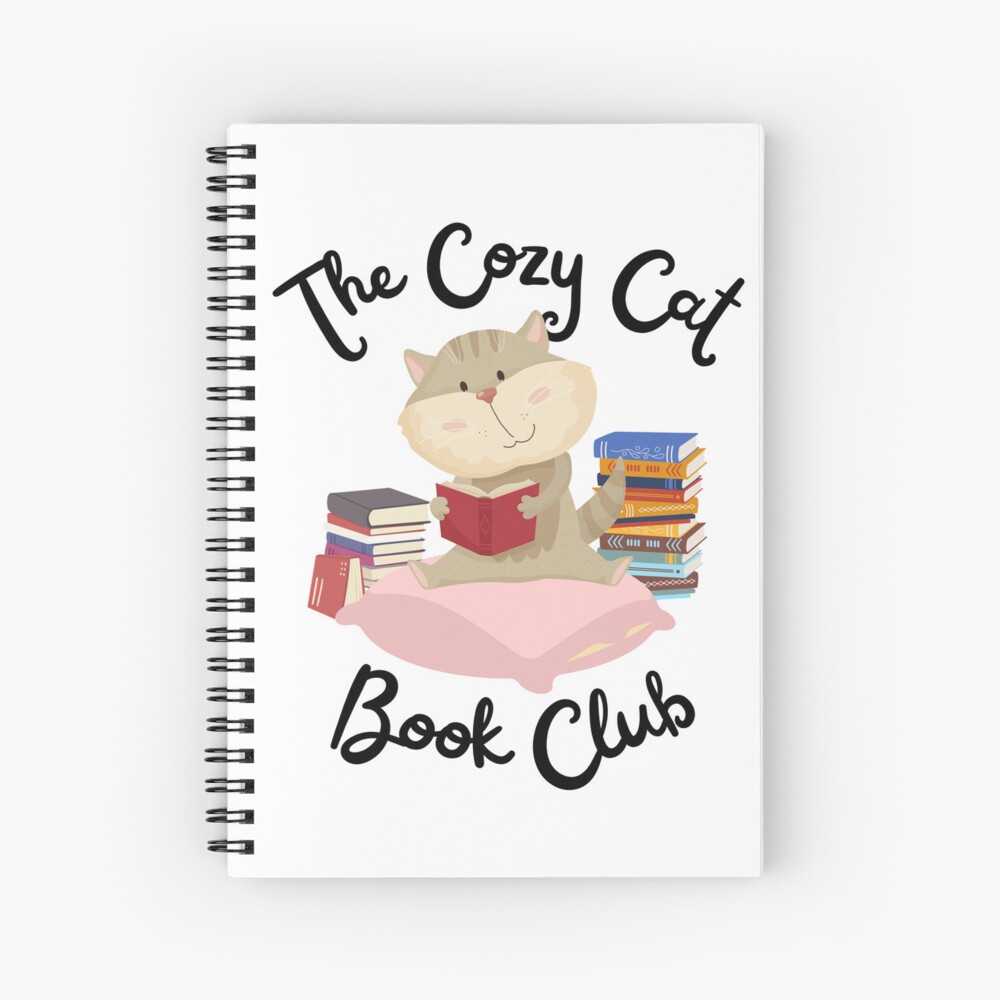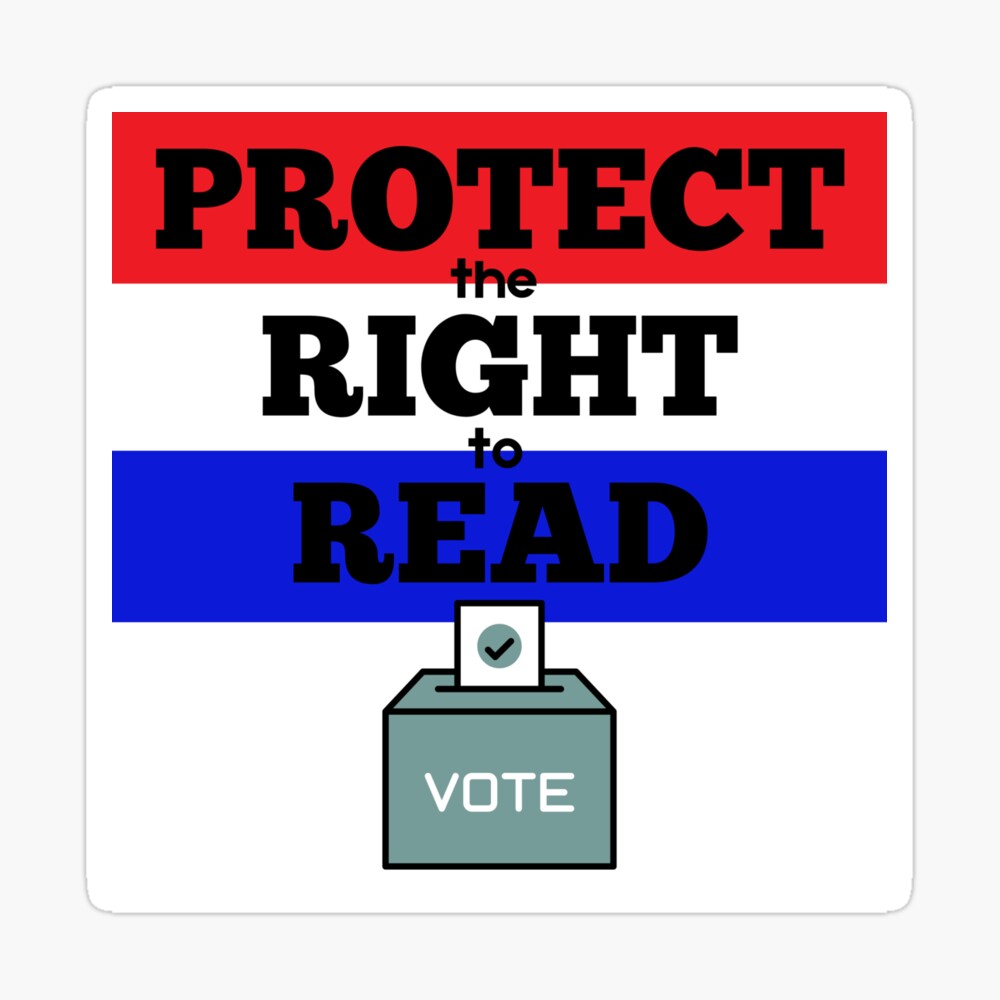With query letters going out for my novel, it’s time to start a new manuscript. No rest! No waiting! We’re writers, and writers write.
So, this morning I got up early and created a new shortcut on my desktop for a new story folder. (I keep all my story ideas in separate folders within my main Documents folder, then as I work on each story, all the notes, research, drafts, etc., are stored in the book’s folder.) This story is one that I actually started while I was having writer’s block during my structural revision of my first novel. I had the idea while gardening, and as I was having difficulty figuring out the other novel’s problems, I decided to take a break and try out the new idea. It proved to be a lot of fun.
Lately, as I was finishing the last revision of my first novel, this other story has been popping into my head. All my book ideas pop into my head from time to time, but this one was really screaming out to be written. So, I have a direction for the story and a vague idea of the ending. I haven’t done a full layout for the story — and still might — but I know where I’m heading, which is great.
How do you start a new project? All research? Map out the whole story? Or just start typing?
Write On!







7 Responses
I just start typing. I want to get the idea down and, at that point, I don’t know if this might just be a short story or a possible novel. Alas, sometimes it never grows beyond the initial idea.
Odd thing though, even years later, I can open the file I started and I’m instantly back to the moment of it’s “birth.” I still have hope that I’ll develop some of these.
I’m creating the history and main events that may or may not affect the main characters. By doing that I get ideas for other characters. I just need to move on from there once I feel the world they all live in is “fleshed out”.
Can’t wait to hear about your progress.
I’m travelling hopefully on the current project with only the vaguest of outlines, but thinking i may try far more detailed planning for the next. Mainly because the next is going to have a less linear plot and many more characters, but also because i want to practise following a stricter ‘map’.
From being hyper-organised in the past i have turned into a hyper-chaotic person but the benefit of that is after losing all my ideas on scraps of paper, i know which are the most promising cos they’re the only ones stubbornly sticking in my mind even with no notes to remind me of them! ;0)
How much of a ‘break’ do you think it’s wise to leave between book-length project and the next?
Linda, oh yeah, I think these ideas stick with us so well that we can easily jump right in even if we haven’t looked at something for years. One of my ideas for a book still regularly haunts me, and often quite strongly, and it’s an idea I had probably 10 or more years ago. One day, it’ll get worked on.
KevinFitz113, that’s great to get it all down. Of course, things can change throughout the story too. With mine, I’ve been working things out as I go, and as new characters pop in, I’ve been recording them in another doc to keep track. I’m not sure it’s the best way to go. I like to have more worked out, but so far this story is really writing itself. We’ll see how long that lasts. 🙂
Mand, I’m all for jumping right into your next book, not waiting long at all. For one thing, it takes your mind off the submissions that are out and about. But mainly, I get very antsy when I’m not writing. It makes me whole in some way. The characters of my first novel were always with me, but they’ve quietened down now, and these new characters are already pestering me. I say, jump in while the water’s hot!
I start with an idea, sometimes a fragment of an idea, and just start writing.
I’ve tried a lot different things and have come to the conclusion that my first draft IS my outline. It’s good to finally know what works for me.
Casey, that’s good to read! I’ve never done anything long without an outline – until now… and since starting this, i keep reading that i ‘ought to’ have planned properly before writing. I know it’s each to his own, but it’s nice to hear real-life examples.
Yeah, different methods work for different people, but I really think it is about trying different ways and seeing what sticks. For my first novel, I had planned it originally as a screenplay and wrote it as a 30-page treatment. Then, after I realized books were really my passion — they were too begin with — I expanded the treatment into a novel. So the treatment was in essence my layout. But, the story changed quite a bit between the treatment and the novel.
This time, I started writing blind, just with the basic idea. I thought it might just be a short story. But when I got into chapter two, new ideas popped up, new characters popped in, and the story started looking more like a novel. I’ve since had vague ideas about the ending and other future parts, so I’m jotting them down in my notes.
This is the first time I’m writing as blind as I am (even when I wrote screenplays, I had layouts), so it’s an interesting exercise. But so far so good.
Thanks for all the input!
Comments are closed.